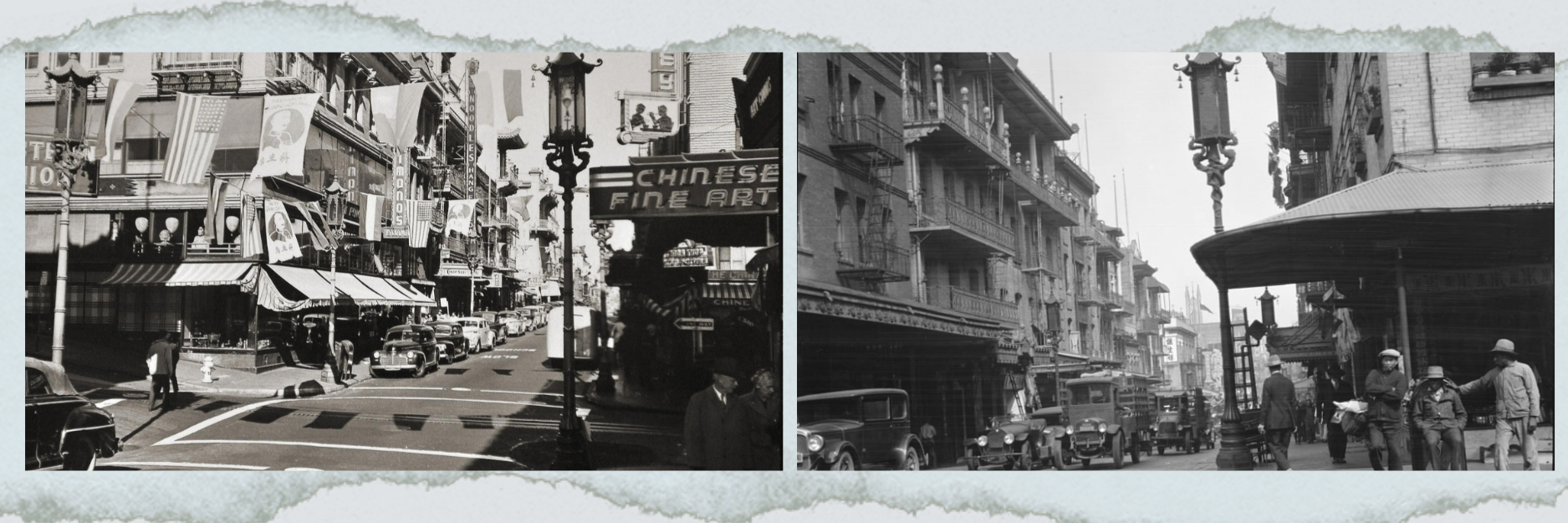James Poy Wong 黃培正

"It is true that there is no unending party in the world, and we do understand so, but why do I always feel a little depressed when we are parting? We have seen through life and death, being here today and there tomorrow. Perhaps life is nothing but a journey!"
"Bidding Farewell" - 1944
送别
良当兵去了。
每当我站在车站上, 送走了一个朋友之后, 心里总是觉得有点隐痛。几年来欢聚在一起, 现在一个一个地离开了。 本来天下就没有不散的筵席。 我们是明白的, 但是为什么在离别的时候,总是有点怅惘呢? 生死已被我们看透了。 今天这里,明天那方。 人生也不外是一段旅程吧!
良去了! 同车的都是些上了年纪的人。 父亲抱着小孩吻别的时候,小孩还嘻嘻地笑着。 在那活泼天真的小灵魂中,那里知道这个父亲也许永远不会回来呢!
记得年多前送走二兄磊的时候, 他还是那样愉快, 深深地相信着他快要回来。 当时我没有说话。 心里想:“战争是会有一天结束的, 但是回来的却是不多了。” 这句话是多么残忍呀!原谅我吧。 磊, 现在你在那方呢?
俄国作家萧洛霍夫曾经这样写过: “草长没过坟墓 。 。 。时间掩住痛苦。 风吹净出征人的足迹 。 。 。 时间医愈了血的苦痛, 和那些没等到亲人,也等不到亲人了的人们的记忆,因为人的生命是短促的,应当被我们所践踏的草也不多。”
但是这个记忆总不容易磨灭的吧!
在一次送着四百多个中国青年上车的时候, 雄壮的救亡歌轰动了整个车站。 旁观的我却不自禁地涌出了几颗泪珠来。
别和死一样,悲哀的总是那些送别的人。 我从来没有见过出征的人流着眼泪。
人类到底是感情的动物。 不论为的是什么, 别离总是一件值得叹息的事。
在这个车站中不知演过多少次的人生悲剧了: 热情黑人的那半疯狂状态,谁敢说自己有铁石的心肠呢? 白人谈笑自若的神情是真的吗? 试问他们在未到车站前过的是怎样的时间? 没有眼泪的悲哀是最痛苦的。 中国的妇女的哭啼是令人最难堪的。 但是谁能来禁止别人的感情呢? 有甚么能比自己的家庭感情更浓厚呢?
父亲, 儿子, 丈夫, 兄弟, 爱人,朋友都被这些站上的火车拖走了。 我茫茫然地站在月台上, 看着火车一辆一辆地消失。还要再看几次 我才能有资格坐那些火车呢?
啊! 朋友们。 愿上帝祝福你们。
四月四日
Bidding Farewell
Leong has joined the army.
Everytime I stood in the train station and sent a friend off, my heart always felt a bit of faint pain. We had joyfully been together for many years, and now one after another had departed. It is true that there is no unending party in the world, and we do understand so, but why do I always feel a little depressed when we are parting? We have seen through life and death, being here today and there tomorrow. Perhaps life is nothing but a journey! Leong is gone! On the same train were all older people. A father was holding and kissing a child goodbye, while the child was still laughing. How would this jaunty and innocent little soul know this father may never return!
I remember when I sent my second brother Lui1 off, he was still so cheerful and strongly believed he would come back soon. I didn’t say a word at the time, but in my heart I thought: “The war will end someday, but not many will return.” How cruel are these words! Forgive me, Lui. Where are you now?
The Russian author Sholokhov has written: “The grass grows over the graves, time overgrows the pain. The wind blew away the traces of those who had departed; time blows away the bloody pain and the memory of those who did not live to see their dear ones again—and will not live, for brief is human life, and not for long is any of us granted to tread the grass.”2
But this memory shouldn’t be so easily diminished!
On one occasion where over 400 young Chinese were being sent onto the train, their singing of national-salvation songs created a great sensation in the entire train station. As a bystander, I couldn’t control my tears from falling.
Bidding farewell is the same as death, as the one bidding farewell is always the sad one. I have never seen a departing soldier shedding tears.
Human beings are emotional creatures, after all. It does not matter for what reason, separation is a matter worth sighing, nevertheless.
Tragedies of life have been performed in this train station countless times. Seeing the fervent black people in their half frenzy disposition, who would dare say one has a heart of stone? Are the expressions of white people real as they go on chatting and laughing as if nothing is happening? One may wonder how they spent their time before reaching the train station. Tearless sorrow is the most painful, and the weeping and wailing by Chinese women is the most unbearable. But who could forbid the feelings of others? And who has a stronger feeling than our own feelings toward our family?
Fathers, sons, husbands, brothers, lovers, and friends have all been pulled away from the trains in this station. I stand on the platform with a blank look, observing the trains disappearing one by one. I wonder how many more times I have to look at these parting trains before I am qualified to ride on them?
Oh, My friends. May God bless you all.
April 4th.